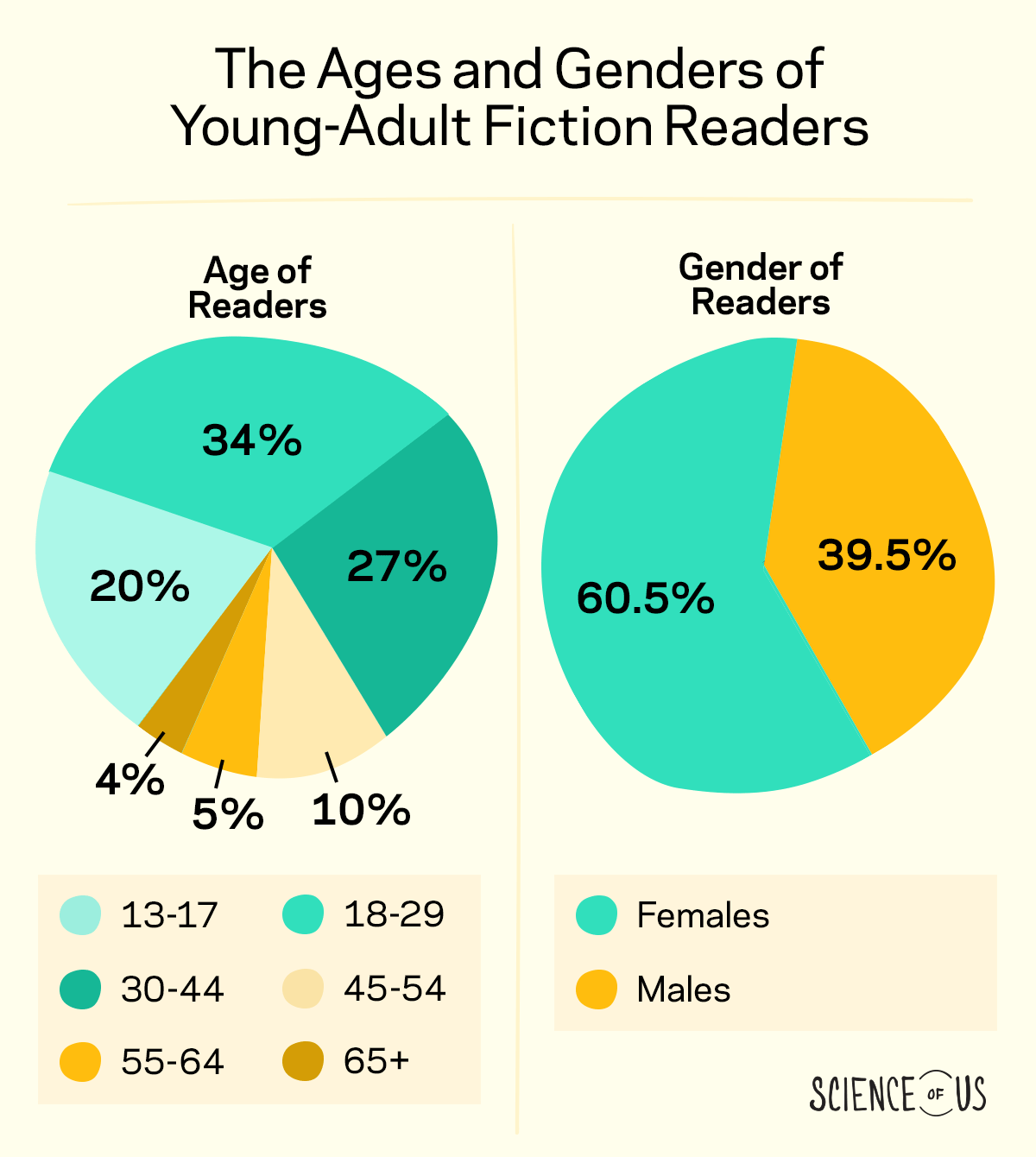What Is The Ethnicity Of Magellan? Unraveling A Historical Figure's Origins
Have you ever wondered about the true origins of some of history's most famous people, that, for instance, like your Ferdinand Magellan? It's a pretty common question, really, especially when we consider how much his actions changed the map of the world. Understanding where someone comes from, their background, can give us a much richer picture of their life and the choices they made, you know? It's not just about dates and places, but about the very fabric of their identity.
Often, when we talk about historical figures, we might mix up terms like nationality and ethnicity. But, as a matter of fact, there's a really important difference. Nationality, you see, usually refers to the country a person belongs to legally, or the one they represent. Ethnicity, on the other hand, is something much deeper, tied to culture, shared traditions, and ancestral roots, as I was saying. It's about the group of people you identify with, based on things like language or a common history, very much indeed.
So, when we ask, "What is the ethnicity of Magellan?", we're looking beyond just which flag he sailed under. We're exploring his cultural heritage, the customs he grew up with, and the language he spoke at home. It’s a fascinating look into what truly shaped this remarkable explorer, very much so. This discussion helps us appreciate the complexities of historical identity, and how it differs from simple national allegiance.
- Liam Neeson Over The Years
- Michael Caine Miss Congeniality
- Harrison Ford General Ross
- Cillian Murphy On Netflix
- Peter Dinklage Height And Weight
Table of Contents
- Ferdinand Magellan: A Brief Look at His Life
- Personal Details and Biodata
- Understanding Ethnicity: What Does It Really Mean?
- Magellan's Portuguese Roots: His True Ethnicity
- Why He Sailed for Spain: A Twist in His Story
- Cultural Impact of Magellan's Ethnicity
- Common Misconceptions About Magellan's Identity
- Magellan's Legacy Today: A Global Figure
- Frequently Asked Questions About Magellan's Ethnicity
- Wrapping Things Up: The Enduring Story of Magellan
Ferdinand Magellan: A Brief Look at His Life
Ferdinand Magellan, whose Portuguese name was Fernão de Magalhães, was a Portuguese explorer. He planned and led the first circumnavigation of the Earth, which was a very big deal for his time. This incredible journey, actually, started in 1519 and finished in 1522, though Magellan himself did not complete the entire trip. He met his end during a battle in the Philippines, a bit of a tragic turn for such an ambitious person. His vision, however, lived on through his crew.
Born into a family of minor Portuguese nobility, Magellan's early life prepared him for a career at sea. He served in various naval expeditions for Portugal, gaining experience in navigation and warfare. He learned the ropes, so to speak, in the highly competitive and dangerous world of maritime exploration. However, a disagreement with the Portuguese king, Manuel I, led him to offer his services to Spain, as a matter of fact. This decision would forever change his path and, in a way, the course of world history.
His voyage was aimed at finding a western sea route to the Spice Islands, which were incredibly valuable at the time. This quest led him to discover the strait that now bears his name, connecting the Atlantic and Pacific oceans. It was an astonishing feat of exploration, arguably, showing immense courage and determination against incredible odds. His ships, though few, carried the hopes of an entire continent, very much so.
- Tom Hardy Chris Pine
- Matthew Mcconaughey Quote About Living
- Jeff Bridges Grandchildren
- Peter Dinklage Children
- Morgan Freeman Wiki
Magellan's early experiences in the Portuguese navy gave him practical skills that few others possessed. He learned how to read charts, how to handle ships in rough seas, and how to deal with the challenges of long voyages. These were not just theoretical lessons; they were forged in the crucible of real-world expeditions to places like India and Malacca. So, his background was deeply rooted in the Portuguese tradition of maritime discovery, you know?
The decision to switch allegiance from Portugal to Spain was a complex one, reflecting both personal ambition and the political climate of the era. Kings were constantly vying for control of new territories and trade routes. Magellan, feeling undervalued by his home country, saw an opening to achieve his grand vision elsewhere. This move, basically, highlights the fluidity of loyalty among explorers who often sought patronage wherever it could be found, very much indeed.
Personal Details and Biodata
| Full Name | Fernão de Magalhães (Portuguese) / Fernando de Magallanes (Spanish) |
| Born | Around 1480 |
| Birthplace | Sabrosa or Porto, Kingdom of Portugal |
| Died | April 27, 1521 |
| Place of Death | Mactan, Philippines |
| Nationality | Portuguese (later served Spain) |
| Known For | Leading the first expedition to circumnavigate the Earth |
Understanding Ethnicity: What Does It Really Mean?
Before we pinpoint Magellan's ethnicity, it's useful to get a clear picture of what ethnicity truly means, you know? My text tells us that ethnicity is a cultural classification. It's based on things like language, traditions, and the cultural origins of a group of people. This is different from race, which is often about physical attributes, as a matter of fact. So, we're talking about shared ways of life, not just appearance.
Ethnicity, in essence, is about shared cultural practices and perspectives. It's what sets one group of people apart from another. When you think about your ethnicity, it often relates to traditions, language, nationality, or cultural heritage. It's a social group that strongly identifies with each other because of a common culture and history, very much so. It's the feeling of belonging to a specific community with shared roots.
So, unlike race, which focuses on physical appearance, ethnicity refers to the identification of people from different geographic regions, including their shared history and culture. It's about a common and distinctive culture, religion, or language. This distinction is pretty important, actually, when we talk about historical figures like Magellan, because it helps us understand their background beyond just where they worked or lived at a particular moment. It speaks to a deeper sense of self, you know?
My text also explains that ethnicity involves markers acquired from the group with. This means it's about what you learn and absorb from your community as you grow up. It's about the stories, the songs, the food, and the values that are passed down through generations. These elements create a collective identity that shapes a person's worldview and actions, arguably, throughout their life. It's a complex concept that refers to a person’s identification with a specific group of people, based on one or more shared traits, which may include ancestry or culture.
Understanding this concept is key to truly answering "What is the ethnicity of Magellan?" because it moves us beyond simple geographical location or political allegiance. It helps us appreciate the cultural heritage that influenced him, regardless of which flag he flew over his ships. It’s about the traditions and perspectives that were ingrained in him from birth, very much indeed.
Magellan's Portuguese Roots: His True Ethnicity
Given the definition of ethnicity, Ferdinand Magellan's ethnicity was Portuguese. He was born in Portugal, probably in Sabrosa, a small town in the north of the country, or perhaps Porto, around 1480. His native language was Portuguese, and he grew up immersed in Portuguese customs and traditions. His family, the Magalhães, was part of the Portuguese nobility, which meant he was raised within that specific cultural framework, you know? This upbringing shaped his early life and outlook.
For many years, Magellan served the Portuguese crown. He participated in various Portuguese expeditions to India and Southeast Asia, gaining valuable experience as a navigator and soldier. These experiences further shaped his identity within the Portuguese maritime tradition. He learned the skills of exploration and command from the very best Portuguese mariners of his time. His early life, training, and cultural environment were all distinctly Portuguese, really.
Even when he later sought patronage from Spain, his cultural background remained Portuguese. His way of thinking, his language, and his fundamental understanding of the world were rooted in his Portuguese upbringing. He carried with him the knowledge and perspective of a Portuguese sailor, which was a distinct and highly respected tradition in that era. So, while his later allegiances shifted, his ethnic identity, that is, remained tied to his homeland, Portugal, very much so.
The Portuguese were, arguably, pioneers in ocean exploration during the 15th and early 16th centuries. They had developed advanced shipbuilding techniques, navigational instruments, and
- Matt Damon From
- James Mcavoy In Atonement
- Matthew Mcconaughey Hair Treatment
- Hugh Jackman On Broadway
- Christian Bale Car Movie

The Dudes Who Read Young-Adult Fiction

My Favourite Books of 2013 – Memoranda

Young Americans, Reading, and Libraries - ppt download